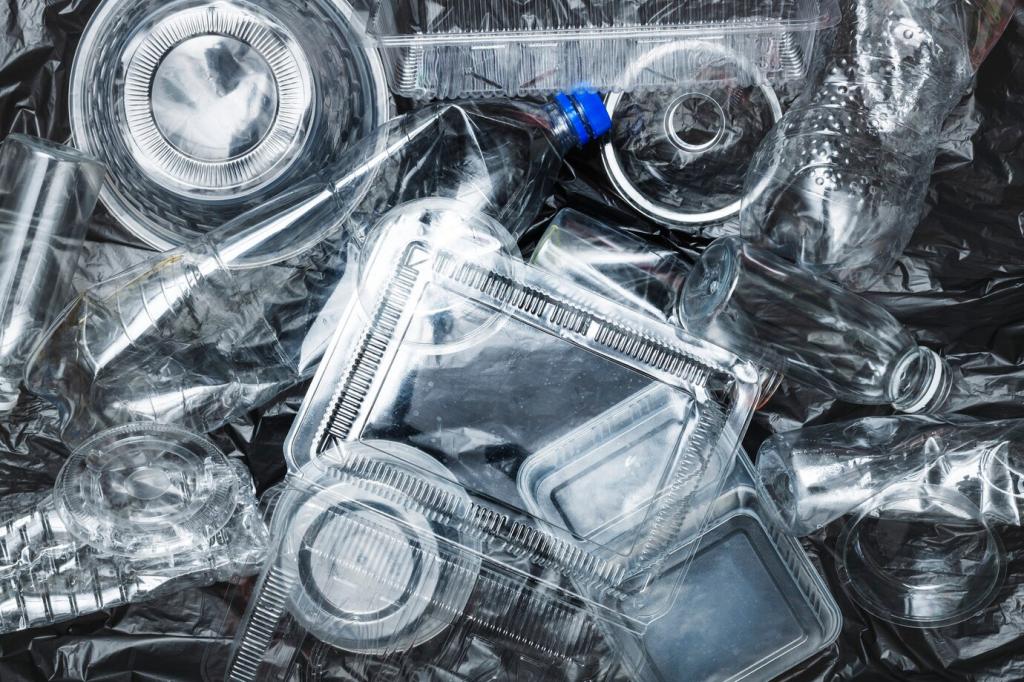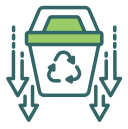Zero-Waste Household Products
Understanding the Zero-Waste Philosophy
The Five R’s of Zero-Waste
The foundational principles of zero-waste living are captured in the Five R’s: Refuse, Reduce, Reuse, Recycle, and Rot. Refusing unnecessary products limits waste from the start, while reducing consumption further lightens your footprint. Reusing items maximizes their utility, recycling recovers value from existing materials, and composting (rot) returns nutrients to the earth. By applying these principles to household product selection, individuals can drastically decrease the waste their home generates. Adopting these guidelines fosters mindful consumption and encourages the selection of products that support a circular, sustainable system.
Challenges in Mainstream Living
Adopting a zero-waste lifestyle can be daunting, especially in an environment where products are often designed for convenience rather than longevity. Many conventional products prioritize single-use packaging and disposability, making waste reduction challenging. The transition to waste-free alternatives may involve initial research, an adjustment period, and a shift in daily habits. However, these challenges are outweighed by the satisfaction of reducing landfill contributions and investing in the long-term health of the planet. Overcoming these hurdles requires persistence, creativity, and a willingness to question established routines.
Benefits Beyond the Environment
Committing to zero-waste household products doesn’t just benefit the environment—it can also enhance your personal well-being and even save you money. By reducing toxins from packaging and artificial chemicals, zero-waste products can contribute to a healthier home environment. These durable and reusable items often result in fewer purchases over time, leading to financial savings. Furthermore, participating in the zero-waste movement fosters a sense of empowerment and responsibility, offering the rewarding feeling that comes from aligning daily actions with personal values.
Everyday Zero-Waste Solutions at Home
Cleaning and Laundry Alternatives
Swapping out single-use cleaning supplies and laundry products for zero-waste alternatives is one of the easiest ways to begin the journey. Consider using concentrated cleaning tablets, which dissolve in reusable spray bottles, or natural sponges and cloths that can be washed and reused repeatedly. For laundry, innovative soap nuts and laundry strips provide effective cleaning without the plastic waste of traditional detergent bottles. By making these swaps, households significantly reduce plastic consumption and exposure to harsh chemicals while still enjoying spotless results.
Kitchen Essentials for Zero-Waste
The kitchen is often the epicenter of household waste, but it’s also rich with opportunities for sustainable change. Beeswax wraps replace plastic wrap for food storage; silicone lids can cover bowls, and reusable produce bags eliminate countless plastic alternatives. Compost bins designed for kitchens make it easy to process food scraps right at home, ensuring organic waste returns to the earth rather than heading to landfill. These products not only keep your kitchen organized and eco-friendly but also raise awareness about the origins and destinies of everyday items.
Bathroom Swaps for Sustainability
Bathrooms are fertile ground for zero-waste transformations. Solid shampoo bars, bamboo toothbrushes, and refillable containers for lotions and soap offer plastic-free, compostable solutions. Making simple changes, such as switching from disposable razors to safety razors or trading cotton swabs in plastic packaging for those made from bamboo in cardboard boxes, significantly reduces household waste. Investing in these durable, thoughtfully designed products ensures that even the most routine tasks contribute to a cleaner, greener world.
Innovative Brands and Product Leaders
Businesses at the forefront of the zero-waste movement understand that sustainable materials and ethical practices are paramount. From start-ups to established brands, these companies are developing plastic-free packaging, plant-based alternatives, and innovative systems such as product refills and returns. Their commitment extends beyond products into shipping materials, supply chain transparency, and education, providing customers with the confidence that their purchases support a better future. By setting higher standards across industries, these pioneers inspire other companies to embrace sustainability and put the planet first.

